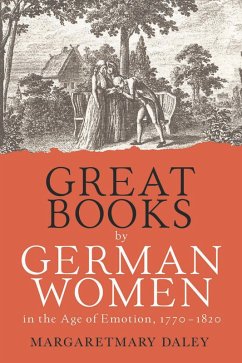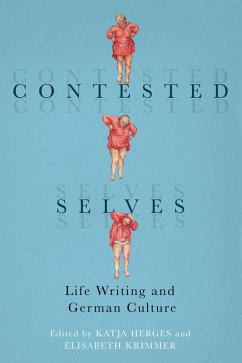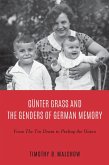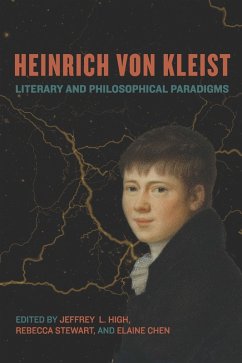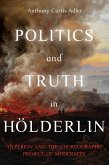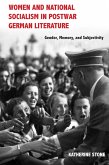Emphasizing the role of and portrayal of emotion, this study argues for the inclusion of six late-eighteenth-century German-language novels by and about women in a revised canon.
Literature written by women in German during the "Age of Goethe" was largely considered unworthy Trivialliteratur. Using insights from Gender Studies yet acknowledging the need for a literary canon, Great Books by German Women offers a critical interpretation of six canon-worthy German novels written by women in the period, which it calls the "Age of Emotion." The novels are chosen because they depict women's ordinary yet interesting lives and because each contains prose particularly expressive of emotion. Sophie von La Roche's Die Geschichte des Fräuleins von Sternheim draws on the tradition of the epistolary novel while finding new ways to depict empathetic emotions. Friederike Unger's Julchen Grünthal brings to the Frauenroman or women's novel the use of irony to portray a heroine's emotions during her coming of age. Sophie Mereau's Blütenalter der Empfindung imagines women's affinity for the philosophical sublime, while Caroline Wolzogen depicts female desire in her Agnes von Lilien: both add lyricism to their prose, capturing sensual emotions. Karoline Fischer's Die Honigmonathe explores the agony that extreme emotions cause - not only for women but for men. And Caroline Pichler's Frauenwürde expands the focus from a young heroine to multiple mature characters. This study concludes that the influence of these six works was in no way trivial, either in portraying women's lives and emotions or in the history of German literature.
Literature written by women in German during the "Age of Goethe" was largely considered unworthy Trivialliteratur. Using insights from Gender Studies yet acknowledging the need for a literary canon, Great Books by German Women offers a critical interpretation of six canon-worthy German novels written by women in the period, which it calls the "Age of Emotion." The novels are chosen because they depict women's ordinary yet interesting lives and because each contains prose particularly expressive of emotion. Sophie von La Roche's Die Geschichte des Fräuleins von Sternheim draws on the tradition of the epistolary novel while finding new ways to depict empathetic emotions. Friederike Unger's Julchen Grünthal brings to the Frauenroman or women's novel the use of irony to portray a heroine's emotions during her coming of age. Sophie Mereau's Blütenalter der Empfindung imagines women's affinity for the philosophical sublime, while Caroline Wolzogen depicts female desire in her Agnes von Lilien: both add lyricism to their prose, capturing sensual emotions. Karoline Fischer's Die Honigmonathe explores the agony that extreme emotions cause - not only for women but for men. And Caroline Pichler's Frauenwürde expands the focus from a young heroine to multiple mature characters. This study concludes that the influence of these six works was in no way trivial, either in portraying women's lives and emotions or in the history of German literature.
Dieser Download kann aus rechtlichen Gründen nur mit Rechnungsadresse in A, D ausgeliefert werden.

